You’ve landed your first role as a data analyst — congrats! Now what?

Did you know that many data analysts level up to mid or senior roles in just two years? Pretty exciting, right?
Maybe you’re wondering what comes next, or how to turn this opportunity into a long-term, fulfilling career. Do you aim for a promotion? Specialize in a niche? Shift into a leadership role?
Let’s explore practical tips to help you grow, stand out, and take confident steps toward the next level in your journey.
How do I overcome initial challenges?
It’s your first month as a data analyst. You’ve just been asked to automate a weekly report using Python — but you’re still Googling how to write a "for loop". You write some SQL queries, but you're not sure if you're pulling the right data. Meanwhile, you're trying to figure out what the company actually does and how your work fits in.
Sound familiar?
These early challenges are totally normal. The jump from learning data skills to applying them in the real world can feel overwhelming—but it’s also the key to leveling up.
Tips to start strong:
Stay connected. Keep your manager and teammates in the loop so they can help you course-correct early.
Understand the big picture. Take time to learn how your company works and what problems it’s solving.
Lean on others. If you’re new to Python or SQL, reach out to coworkers who’ve been there. Ask questions, pair up, and learn by doing.

What skills should I develop?

Structured Query Language: Pull and manage data from databases.

Microsoft Excel: Organize and analyze data with formulas and charts.

Critical thinking: Solve problems and spot patterns in data.
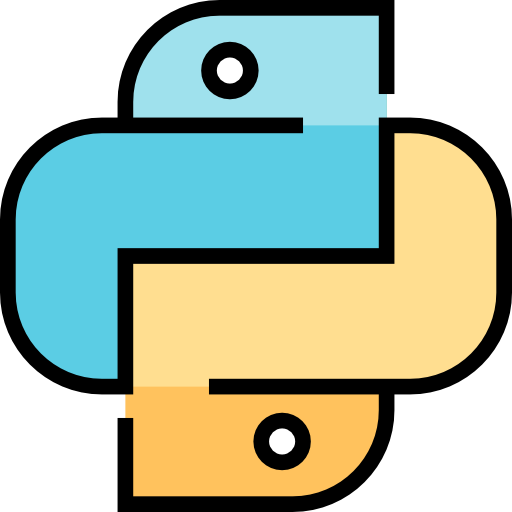
R or Python statistical programming: Clean, analyze, and automate with code.
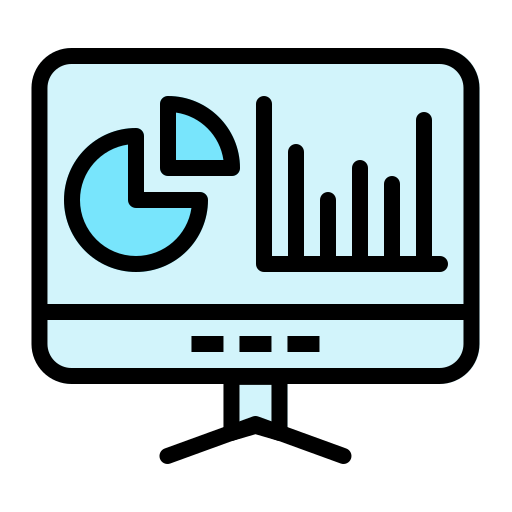
Data visualization: Turn data into clear, visual insights.
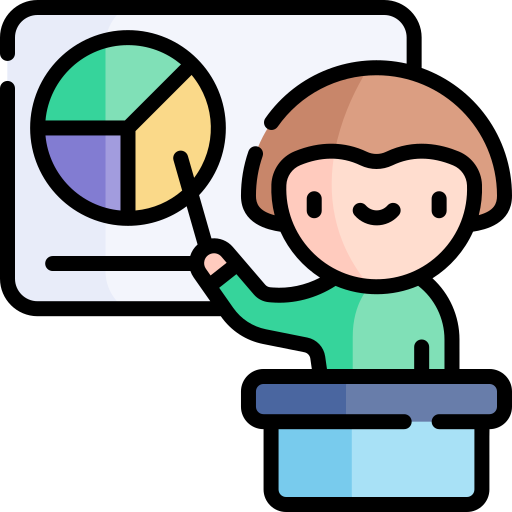
Presentation skills: Share findings in a clear, compelling way.
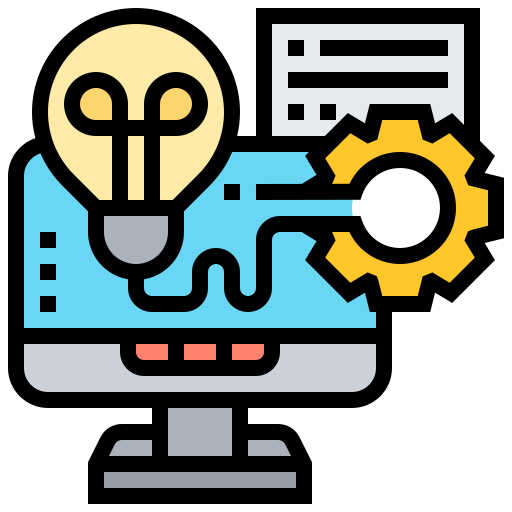
Machine learning: Use data to predict outcomes and trends.
How should I conduct myself professionally and ethically?

Be clear. Don’t leave people confused. Make sure everyone knows what’s going on.
Set expectations. Be honest about what you can and can’t do.
Explain your work. If you build something, tell others what you did and how it works.
Be honest. Never pretend you did something you didn’t. It’s okay to say, “I’m still working on it.”
What mistakes can I avoid/learn from?
Get a second opinion. Someone else might catch mistakes you didn’t see in your code.
Review your work. After finishing a project, think about what went well and what could be better next time.
Quiz: What strategies should you use?
Your first month of work has passed. Your managers assign you to a new project with a client. Which of the following are good strategies to adopt?
A. Set up regular meetings with your team and the client to stay aligned on what needs to be done.
B. Learn about the client’s business goals and how they plan to use the data before starting your analysis.
C. Start building reports and models right away.
D. Read through any existing documents and past work to better understand the project and possible challenges.
Quiz
Which strategies are the right ones to take with your client?
How should I interact with colleagues and clients?
Social connections are important!

With colleagues: Be friendly and work as equals. Stay available and supportive.

With clients: Keep them updated before they have to ask. Try to stay one step ahead and show that you care about their needs.
How do I build connections in the field?
Go to community events. Join meetups, workshops, or conferences about data, coding, or tech. Example: Look for local events like “Data Science for Beginners”.
Be active online. Follow people in the field on LinkedIn, GitHub, or Twitter/X. Join groups where people share tips and projects.
Talk to people. Don’t be shy! Ask questions, share what you're learning, and show interest in others' work.

What goals should I set?
Be independent. Try solving things on your own first. If you're stuck, ask for help, but don’t just wait.
Be a self-learner. Stay curious. Google things, watch videos, keep learning.
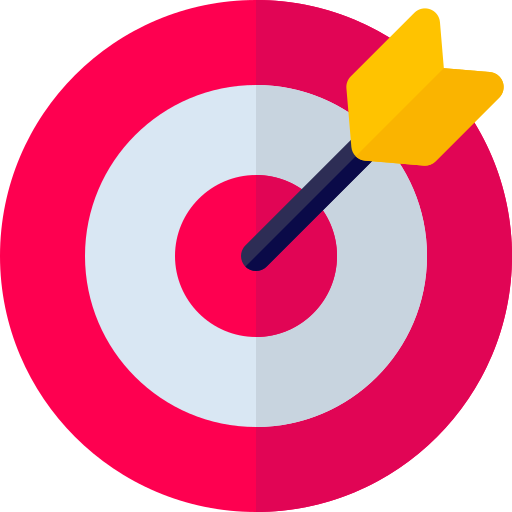
Pay attention to details. Small mistakes can cause big issues. Train yourself to double-check your work.
Build math and logic skills. You don’t need to be a genius, but understanding patterns, logic and basic math will give you a big advantage.

Take Action

Your feedback matters to us.
This Byte helped me better understand the topic.

